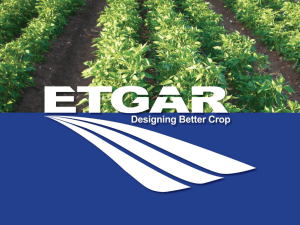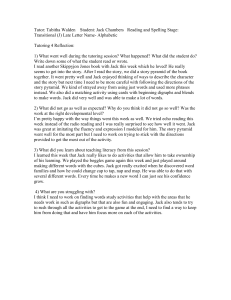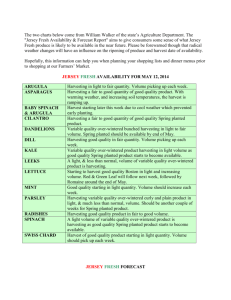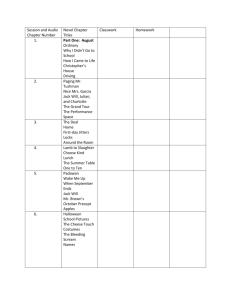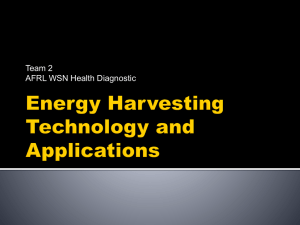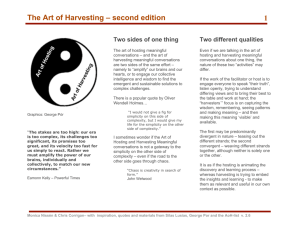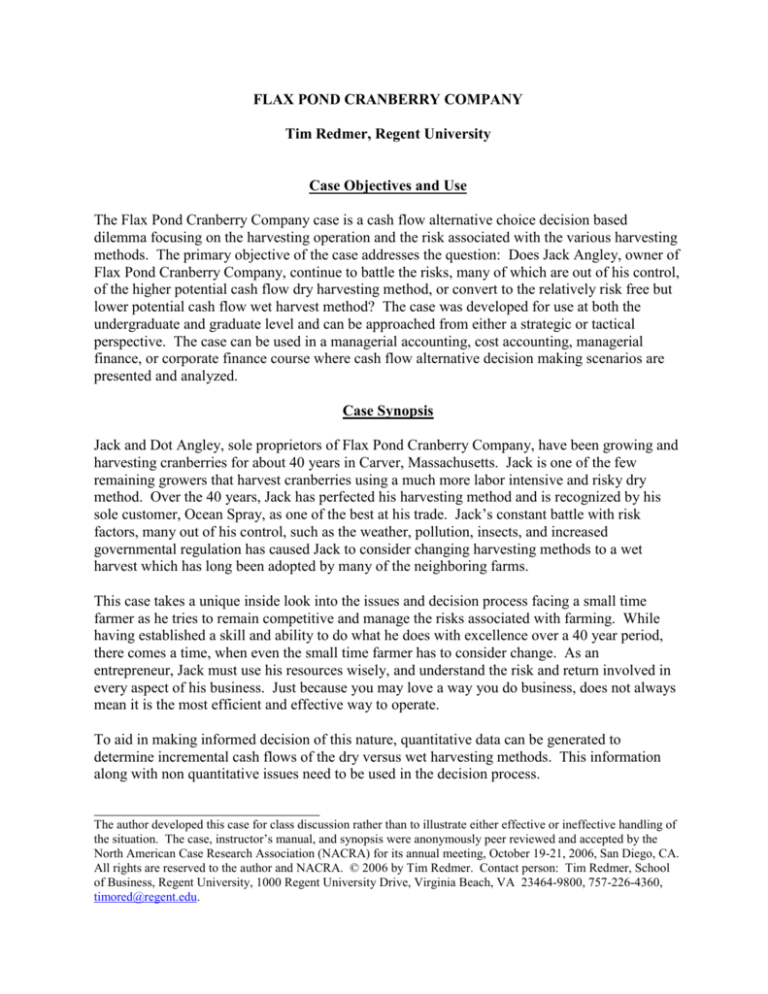
FLAX POND CRANBERRY COMPANY
Tim Redmer, Regent University
Case Objectives and Use
The Flax Pond Cranberry Company case is a cash flow alternative choice decision based
dilemma focusing on the harvesting operation and the risk associated with the various harvesting
methods. The primary objective of the case addresses the question: Does Jack Angley, owner of
Flax Pond Cranberry Company, continue to battle the risks, many of which are out of his control,
of the higher potential cash flow dry harvesting method, or convert to the relatively risk free but
lower potential cash flow wet harvest method? The case was developed for use at both the
undergraduate and graduate level and can be approached from either a strategic or tactical
perspective. The case can be used in a managerial accounting, cost accounting, managerial
finance, or corporate finance course where cash flow alternative decision making scenarios are
presented and analyzed.
Case Synopsis
Jack and Dot Angley, sole proprietors of Flax Pond Cranberry Company, have been growing and
harvesting cranberries for about 40 years in Carver, Massachusetts. Jack is one of the few
remaining growers that harvest cranberries using a much more labor intensive and risky dry
method. Over the 40 years, Jack has perfected his harvesting method and is recognized by his
sole customer, Ocean Spray, as one of the best at his trade. Jack’s constant battle with risk
factors, many out of his control, such as the weather, pollution, insects, and increased
governmental regulation has caused Jack to consider changing harvesting methods to a wet
harvest which has long been adopted by many of the neighboring farms.
This case takes a unique inside look into the issues and decision process facing a small time
farmer as he tries to remain competitive and manage the risks associated with farming. While
having established a skill and ability to do what he does with excellence over a 40 year period,
there comes a time, when even the small time farmer has to consider change. As an
entrepreneur, Jack must use his resources wisely, and understand the risk and return involved in
every aspect of his business. Just because you may love a way you do business, does not always
mean it is the most efficient and effective way to operate.
To aid in making informed decision of this nature, quantitative data can be generated to
determine incremental cash flows of the dry versus wet harvesting methods. This information
along with non quantitative issues need to be used in the decision process.
The author developed this case for class discussion rather than to illustrate either effective or ineffective handling of
the situation. The case, instructor’s manual, and synopsis were anonymously peer reviewed and accepted by the
North American Case Research Association (NACRA) for its annual meeting, October 19-21, 2006, San Diego, CA.
All rights are reserved to the author and NACRA. © 2006 by Tim Redmer. Contact person: Tim Redmer, School
of Business, Regent University, 1000 Regent University Drive, Virginia Beach, VA 23464-9800, 757-226-4360,
timored@regent.edu.



